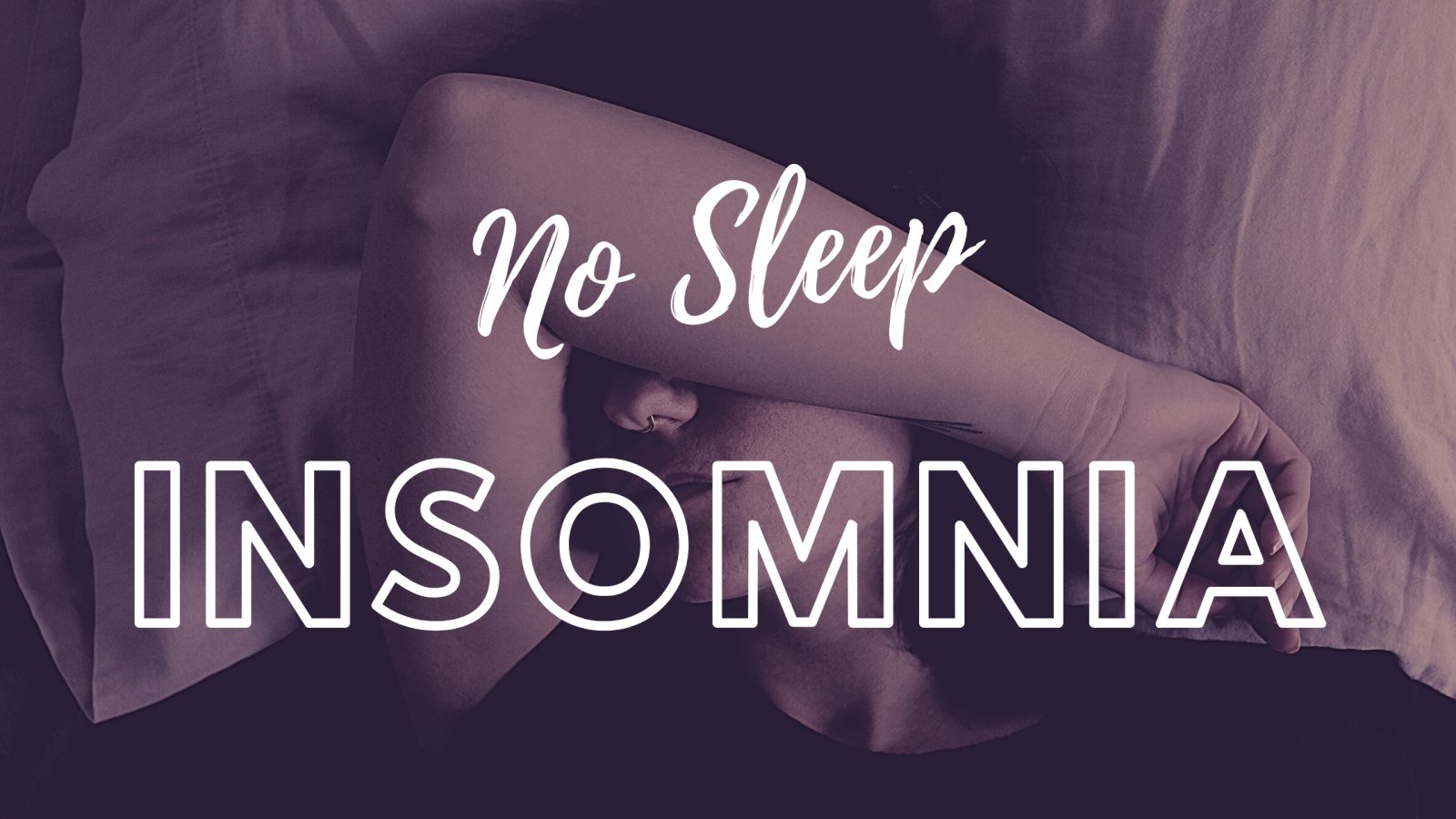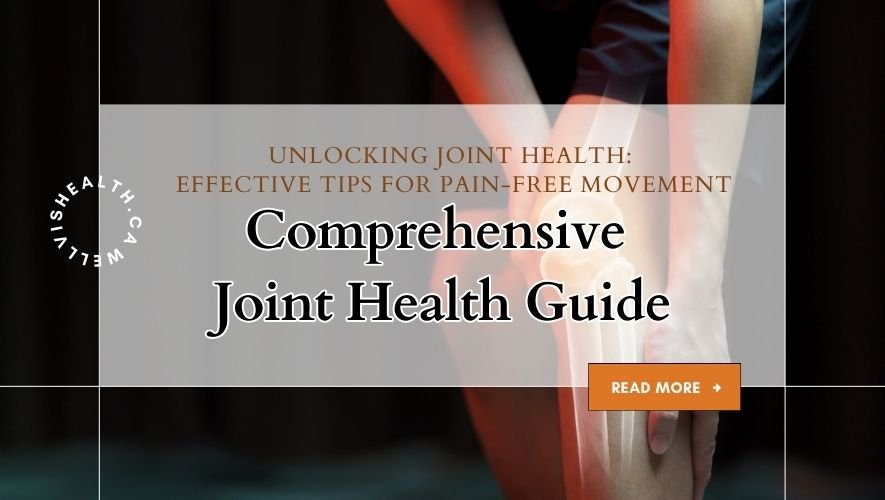We are spending more than a third of our time in bed. High-quality sleep time efficiently recharges our body and resets biological systems. Plenty of restful sleep is beneficial in enormous ways. It improves concentration, alertness, and attention. People with regular good sleep nights tend to have longer longevity, a healthier lifestyle and diet, and less craving for junk food. Having high-quality night-time sleep helps with reducing risks of various conditions, including cardiovascular disease, depression, anxiety disorder, impaired memory and cognition, etc.
Yet, the opposite may cause lots of issues. An increasing proportion of the population has more or less sleeping problems. Swapna Bhaskar's research showed that up to 33% of the adult population had chronic insomnia, and up to 27% of people with insomnia did not realize their sub-healthy condition.
Lots of people have ignored the early onset symptoms of insomnia. Primary healthcare easily neglects or under-diagnoses the early onset of insomnia.
Aging and diabetes are significant risk factors for insomnia. The change of body metabolism due to aging and underlying metabolism disorder impairs the biological system and disrupts its balance. People with Alzheimer’s are more inclined to have sleeping troubles. They sleep more than usual, often in the daytime, and frequently awake at night. The issue is getting more serious as the disease progresses. Though the exact underlying connection is unknown, it's thought that brain damage altered the perception of being awake and sleeping. The changes in sleep patterns could adversely interfere with their life. The presence of a sleep disorder has been significantly associated with lower survival rates and a worse prognosis.
Chronic insomnia is proposed best managed using non-drug strategies, such as cognitive behaviour therapy, to reduce drug dependence and tolerance. Many situations of early-onset insomnia are easily reversed through behavior and cognitive modification, as well as with other natural modalities.
Aromatherapy is always a popular technique in treating insomnia. A high concentration of essential oils exerts a direct effect on the body. Commonly used essential oils are lavenders, chamomile, and Ylang-Ylang. They all have soothing and sedative effects.
Sleep hygiene is important for obtaining high-quality sleep, which could include comfortable room temperature, dim light, minimizing blue light, minimizing use of cellphone before bedtime, eliminating stimulants, no late-afternoon naps, etc. Regular exercise such as walking reduces stress and promotes calm, yet avoid exercise within two hours of sleep.
In addition to OTC sleep pills, there are many alternative natural options out there for sleep. View the next article for natural remedies for better sleep.
Reference:
Wheatley D. Medicinal plants for insomnia: a review of their pharmacology, efficacy and tolerability. J Psychopharmacol. 2005 Jul;19(4):414-21. DOI: 10.1177/0269881105053309. PMID: 15982998.
Bhaskar, S., Hemavathy, D., & Prasad, S. (2016). Prevalence of chronic insomnia in adult patients and its correlation with medical comorbidities. Journal of family medicine and primary care, 5(4), 780–784. https://doi.org/10.4103/2249-4863.201153
9 Natural Sleep Aids That May Help You Get Some Shut-Eye: https://www.healthline.com/nutrition/sleep-aids
Patel D, Steinberg J, Patel P. Insomnia in the Elderly: A Review. J Clin Sleep Med. 2018 Jun 15;14(6):1017-1024. DOI: 10.5664/jcsm.7172. PMID: 29852897; PMCID: PMC5991956.
Cunnington D, Junge MF, Fernando AT. Insomnia: prevalence, consequences and effective treatment. Med J Aust. 2013 Oct 21;199(8): S36-40. DOI: 10.5694/mja13.10718. PMID: 24138364.










